
安卓系统英文和苹果系统,Introduction to Android and iOS: A Comparative Overview
时间:2024-12-12 来源:网络 人气:
Introduction to Android and iOS: A Comparative Overview
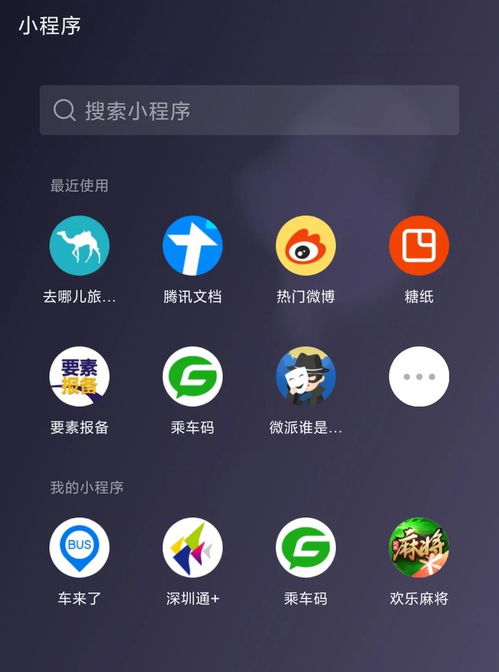
When it comes to mobile operating systems, two names stand out: Android and iOS. Both are widely used across the globe, each with its unique features and user base. In this article, we will delve into the details of these two operating systems, highlighting their differences and similarities.
Android: The Open Source Giant
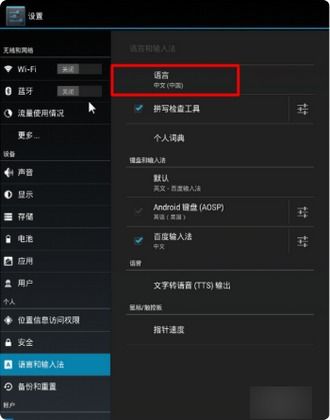
Android, developed by Google, is an open-source mobile operating system based on the Linux kernel. It is known for its flexibility and customization options, which have made it the most popular mobile OS globally. Here are some key aspects of Android:
Customizable User Interface: Android allows users to customize their device's interface with various launchers and themes.
Open Source: Being open-source, Android has a vast community of developers contributing to its growth and improvement.
Google Services: Android devices come with a suite of Google services, including the Google Play Store, Gmail, and Google Maps.
iOS: The Closed Ecosystem
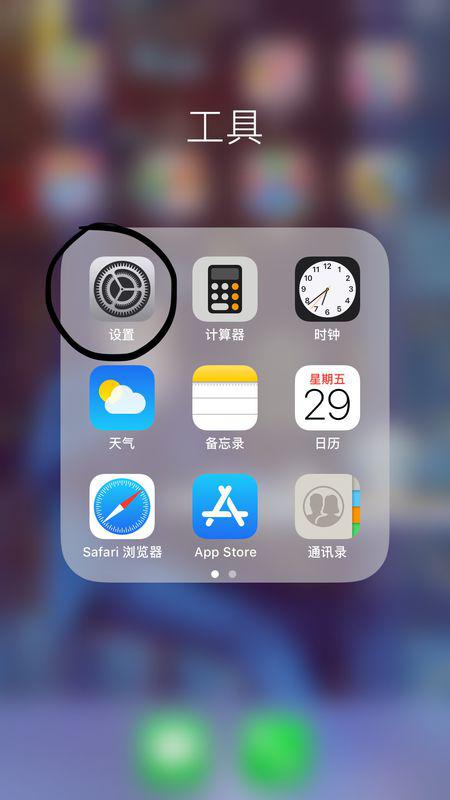
On the other hand, iOS, originally known as iPhone OS, is a closed-source mobile operating system developed by Apple Inc. It is designed to work exclusively with Apple's hardware, such as the iPhone, iPad, and iPod Touch. Here are some key aspects of iOS:
Unified Experience: iOS provides a consistent and seamless experience across all Apple devices.
Security: iOS is known for its robust security features, making it a preferred choice for many users.
App Store: The Apple App Store offers a vast collection of high-quality apps, many of which are exclusive to iOS devices.
Hardware Integration: iOS devices are designed to work seamlessly with other Apple products, such as the Apple Watch and MacBook.
Comparative Features
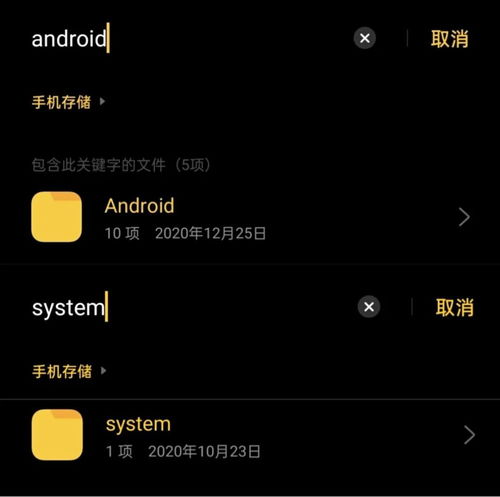
While both Android and iOS have their unique features, there are several aspects where they can be compared:
Customization: Android offers more customization options, while iOS provides a more unified and consistent experience.
Security: iOS is generally considered more secure than Android, thanks to its closed ecosystem and strict app review process.
App Quality: The Apple App Store is known for its high-quality apps, while the Google Play Store has a broader range of apps, including some that are not available on iOS.
Cost: iOS devices are typically more expensive than Android devices, but they offer a premium experience.
Market Share and User Base
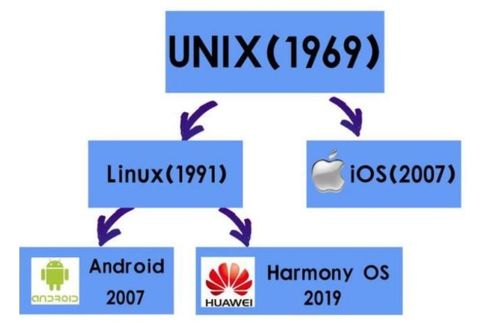
According to StatCounter, Android holds a significant market share of over 70% worldwide, while iOS accounts for approximately 27%. This indicates that Android is the preferred choice for a larger number of users. However, iOS continues to be popular among tech enthusiasts and those who value a premium experience.
Conclusion

In conclusion, both Android and iOS are excellent mobile operating systems with their own strengths and weaknesses. The choice between the two largely depends on the user's preferences, needs, and budget. Whether you prefer the open-source nature of Android or the closed ecosystem of iOS, both platforms offer a wide range of features and functionalities to cater to your mobile needs.
Tags:
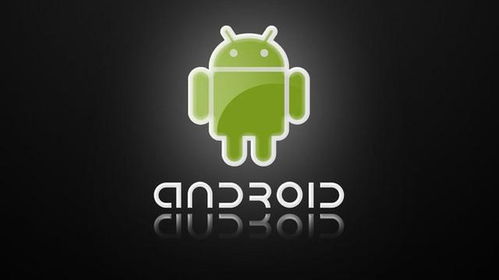
Android, iOS, mobile operating systems, comparison, open-source, closed ecosystem, market share, user base
教程资讯
教程资讯排行
- 1 安卓系统清理后突然卡顿,系统清理后安卓手机卡顿?揭秘解决之道!
- 2 安卓系统车机密码是多少,7890、123456等密码详解
- 3 vivo安卓系统更换鸿蒙系统,兼容性挑战与注意事项
- 4 希沃白板安卓系统打不开,希沃白板安卓系统无法打开问题解析
- 5 dell进不了bios系统,Dell电脑无法进入BIOS系统的常见原因及解决方法
- 6 x9手机是安卓什么系统,搭载Funtouch OS3.0的安卓体验
- 7 安卓系统优学派打不开,安卓系统下优学派无法打开的解决攻略
- 8 安卓车机怎么查系统内存,安卓车机系统内存检测与优化指南
- 9 Suica安卓系统,便捷交通支付新体验
- 10 12pm哪个系统最好,苹果12哪个版本的系统更省电更稳定

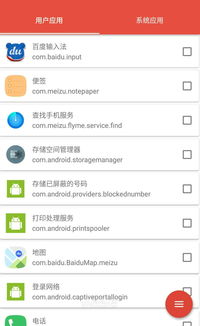





![游戏 [][][] 创意齿轮](/uploads/allimg/20251218/9-25121R03143202.jpg)



